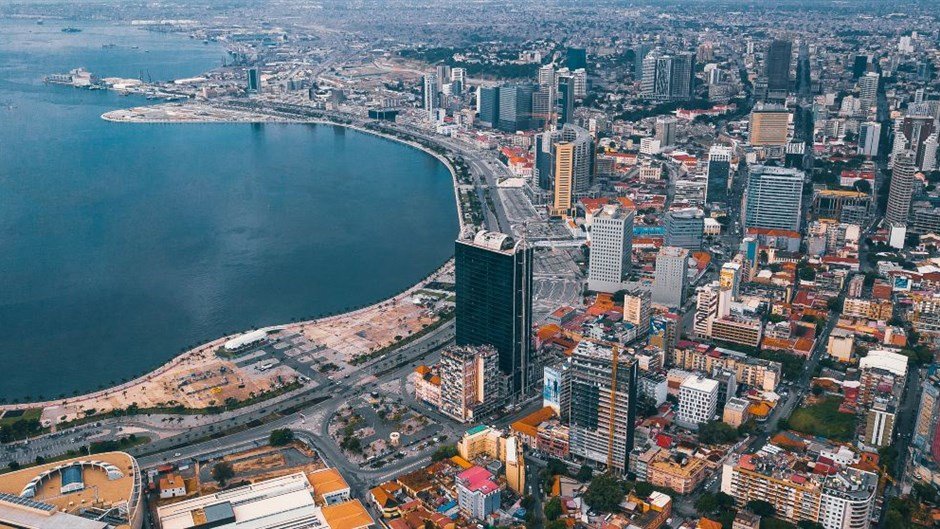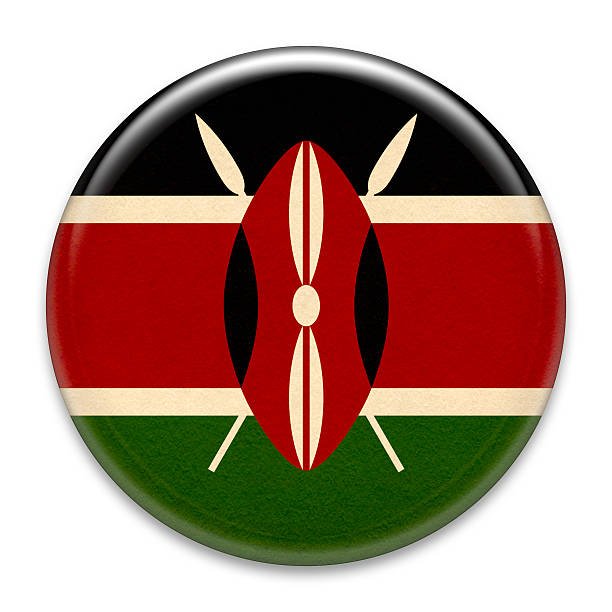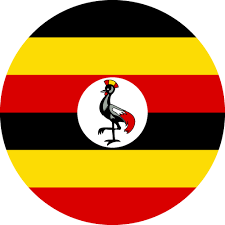Employer of record in Angola
Employer of record in Angola
Employment of record in Angola
Employer of record in Angola
Angola is a Southern African country with a diverse and growing economy, primarily driven by oil and natural gas, which account for a significant portion of its export revenue. The country has seen substantial GDP growth in recent years and is one of the leading economies in Africa. Angola is making concerted efforts to diversify its economy, focusing on sectors such as agriculture, manufacturing, and renewable energy. Additionally, Angola has a large, youthful population, providing a dynamic workforce that contributes to its ongoing development.
Employee Benefits
Employment Visas
- Business Visa: For attending conferences, business meetings, and events. Valid for 90 days with stays of up to 30 days. Paid employment is not permitted.
- Short-Term Work Visa: Valid for urgent, short-term paid employment, typically for up to seven days.
- Sector-Specific Short-Term Visa: Allows paid employment in specific sectors where local workers are unavailable, as authorized by local bodies.
Work Visa: Permits paid employment and includes six types based on sectors:
- Type A: Employment in public institutions or companies.
- Type B: Independent work, service provision, or engagement in sports or cultural activities.
- Type C: Employment in oil, mining, or construction sectors.
- Type D: Employment in commerce, industry, fishing, maritime, or aeronautical sectors.
- Type E: Employment under cooperation agreements.
- Type F: Employment in other sectors not covered by the above types.
Dependent Visa: Enables dependents of Angolan citizens or residence permit holders to work without additional authorization.
- Study Visa: Required for all educational levels, valid for one year and extendable for the duration of study.
- Privileged Visa: Investor visa for individuals who meet specific financial requirements.
Paid Time Off
- Annual Vacation: Employees are entitled to two days of leave per month in their first year, with a minimum of six days of annual vacation. After one year of service, the entitlement increases to 22 days. The leave year begins on January 1st and must be used by December 31st.
- Sick Leave: Employees in medium or large enterprises receive full pay for the first two months of sick leave. From the third to the twelfth month, the employer pays 50% of the salary until social protection takes over. For smaller businesses, employees are entitled to half of the standard wage for 90 days.
- Maternity Leave: Women who have contributed to social security for at least six months prior to pregnancy are entitled to 12 weeks of maternity leave, starting four weeks before the expected birth date (eight weeks for multiple births) and ending nine weeks after birth.
- Paternity Leave: One day of paid leave upon the birth of a child.
- Family Leave: Female employees with children under 14 are entitled to one day of extended leave per child. After maternity leave, female employees can request up to four weeks of unpaid leave to care for the child.
- National Holidays: There are 13 paid public holidays in Angola.
- Other Paid Leave: Includes family support leave (8 days per year), military service leave (up to 15 days per year), and education leave (unpaid, up to 60 days).
Statutory Employee Benefits
- Unemployment: Angola does not have unemployment insurance but requires severance pay for dismissals in specific cases.
- Workers’ Compensation: Employers cover costs related to work injuries and occupational diseases.
- Social Security: Contributions of 3% from individuals and 8% from employers fund benefits such as sickness, maternity, family, and pensions. Foreign workers without residency may be exempt.
- Retirement: Pension benefits are funded through the social insurance system.
- Health Care: Angolans have access to universal primary healthcare, which is provided through both public and private sectors. Public healthcare is free but not universally available.
Private Employee Benefits
- Workers’ Compensation: Private accident insurance is available.
- Retirement: Private pension funds are offered.
- Health Insurance: Private healthcare options are available with high-quality services.
- Insurance: Private life insurance is not yet available in Angola.
Personal Income Tax
- Tax Year: From January 1st to December 31st.
Tax Categories:
- Group A: Employees
- Group B: Self-employed workers
- Group C: Income from commercial or industrial activities
- Tax Rates for Group A (employees) are progressive, ranging from 0% to 25% based on income.
Payroll Taxes and Employer Contributions
- Employers are responsible for remitting personal income tax and social security contributions.
- Social Security: Contributions are 3% from employees and 8% from employers.
- Workers’ Compensation: Employers cover costs related to work injuries and occupational diseases.
Payroll Administration
- Tax Returns: Individuals whose main income source is employment are not required to file tax returns as the employer withholds taxes. Self-employed workers file annual returns in March.
Statutory Benefits and Legislation
- Benefits: Employees are entitled to statutory benefits such as annual leave, sick leave, and public holidays.
- Labor Laws: Governed by General Labor Law No. 2/00 and other regulations set by the Ministry of Public Administration, Employment, and Social Security, as well as the Angola Revenue Authority.
Angola

































